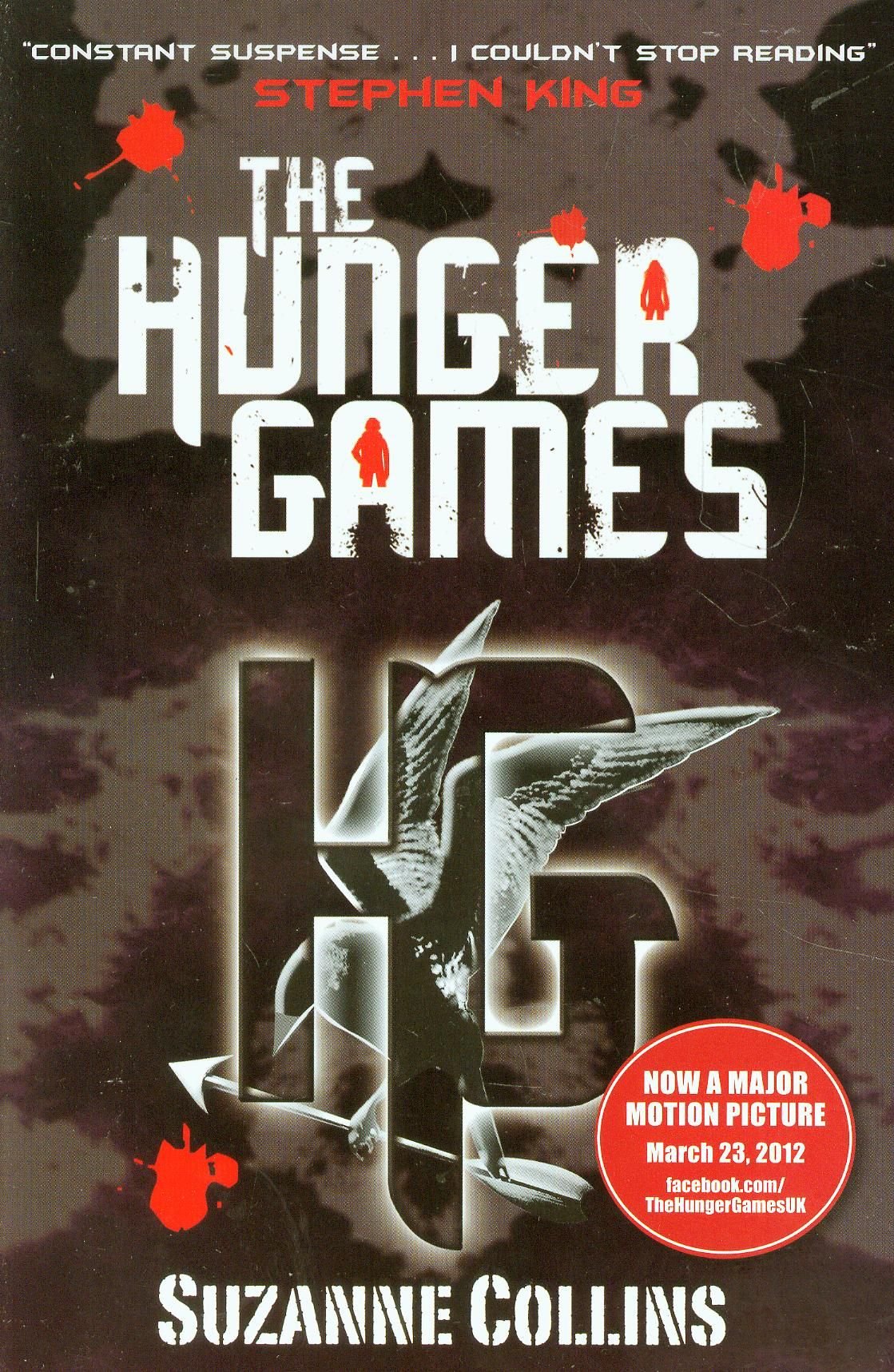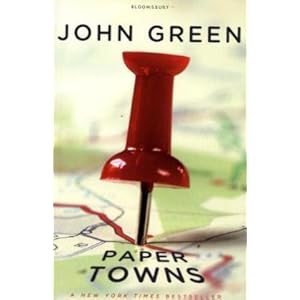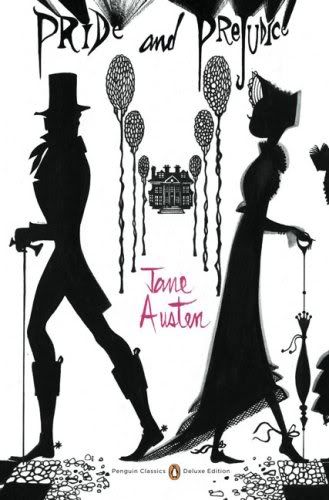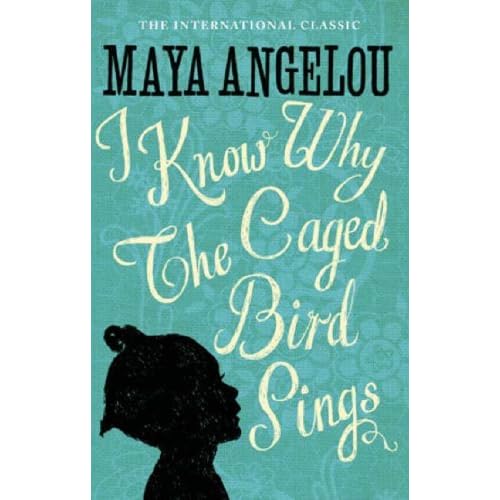Oh, where do I begin? Remember Cassandra from I Capture The Castle? She is one of my favourite narrators and I believe you'd be hard pressed to find a character as charming as her. Betty Smith's Francie comes close. She doesn't have the pleasure of living in a dilapidated-yet-romantic castle as Cassandra did – instead, she's over the sea and far away in the Williamsburg slums of Brooklyn from 1912-1919. At the outset, Francie is eleven years old and she's a reader. That's all I need to get that instant connection to a protagonist.
Francie thought that all the books in the world were in that library and she had a plan about reading all the books in the world. She was reading a book a day in alphabetical order and not skipping the dry ones.
She lives with her parents and her younger brother, and despite being a family of slender means, they are cheerful and grateful. Her mother, Katie, desperately wants a better future for her children, and she leans heavily on the two pieces of advice her own mother gives her: ensure that her children are educated ("Everyday you must read one page of some good book to your child.") and save every penny possible in order to purchase land which can be handed down to the children. In addition, this piece of advice from Katie's mother – a first generation immigrant – is priceless as she insists that the children must believe in ghosts, fairies, and Santa:
"[T]he child must have a valuable thing called imagination. The child must have a secret world in which live things that never were. It is necessary that she believe. She must start out by believing things not of this world. Then when the world becomes too ugly for living in, the child can reach back and live in her imagination."
However, while Katie tries her level best to ensure a better life for her kids, her husband – a happy-go-lucky drunk – is a singing waiter whose priorities differ from Katie's. He's the good cop to Katie's bad cop, as he looks out for their feelings and tries to ensure they're happy. For example, while Katie's focused on ensuring her children get educated at the local school where they're treated like second class citizens, he acknowledges Francie's desire to go to a school slightly further away where the quality of education is superior and makes it happen much to Francie's delight.
It's such incidents that make the book a treat. There's heartbreak, grief, and loss, but still, there's always a light shining at the end of the tunnel – a glimmer of hope, if you will. No matter how dire circumstances get, Francie and Katie do their level best to not get completely down and out. It's almost like Pope addresses them in his poem:
Hope springs eternal in the human breast, Man never is but always to be blessed.
However, there are parts of the book that are bleak and reflective of the times. One of their neighbours – a young, attractive woman with a child, sans a husband – is mocked relentlessly by her neighbours for having the gall to take her child out during the day. Yes, it's rage-inducing, but then one has to remember that this was a century ago – and, sadly, there are parts of the world today where this is still the case.
Or, how Francie is the one who has to temporarily drop out of school to earn money while her younger brother carries on studying, despite she being the one more academically inclined and he being more than willing to take up a job.
But – I digress.
You'll be hard pressed to find a more likeable child in fiction, and you'll be glad that you embarked on her journey with her as she finds her feet in the world and figures out the best course of action no matter what the situation.
 Oh sweet temptation, I cave to thee ever so oft', and yet, how scarcely do I regret it. A tinge of embarrassment, possibly, and an element of judging the fool that wears my shoes does creep in, but that's alright. That's alright.
This book has caught my attention numerous times since it hit the stands a couple of years ago, and each time, I picked it up, put it back on the shelf and moved on. About three weeks back though, desperate to try and find something that would complete my three-for-two purchase at Waterstones, this was picked up. Allow me a moment of sentimentality, for it's a dilemma I might never face again, with the three-for-two scheme coming to a close.
Oh sweet temptation, I cave to thee ever so oft', and yet, how scarcely do I regret it. A tinge of embarrassment, possibly, and an element of judging the fool that wears my shoes does creep in, but that's alright. That's alright.
This book has caught my attention numerous times since it hit the stands a couple of years ago, and each time, I picked it up, put it back on the shelf and moved on. About three weeks back though, desperate to try and find something that would complete my three-for-two purchase at Waterstones, this was picked up. Allow me a moment of sentimentality, for it's a dilemma I might never face again, with the three-for-two scheme coming to a close.
 It feels like ages since I've read a young-adult book, so when I read a
It feels like ages since I've read a young-adult book, so when I read a  About five years back, with the launch of the iPod Shuffle, Apple declared "random is the new order" to the world, as "life is random" so we should "give chance a chance."
What does any of this have to do with Black Swan Green? Well, nothing, really! However, it does have a lot to do with the way I've approached the works of David Mitchell - Unlike some book bloggers (e.g.
About five years back, with the launch of the iPod Shuffle, Apple declared "random is the new order" to the world, as "life is random" so we should "give chance a chance."
What does any of this have to do with Black Swan Green? Well, nothing, really! However, it does have a lot to do with the way I've approached the works of David Mitchell - Unlike some book bloggers (e.g.  Don't you love Terry Pratchett books? I do, despite never having read any in my teenage years, and Nation, a non-Discworld story, is no exception. Set in an alternate universe (or a parallel universe, if you like), this is the story of a young boy (Mau) whose homecoming has been ruined by a massive tidal wave, which has completely destroyed his village. There are no survivors, but him; and then he meets another survivor - from a shipwreck. Daphne, a posh British girl, with some royal blood, who doesn't speak the same language as Mau, nor is she accustomed to his kind of lifestyle.
As they try getting acquainted with one another, Pratchett exploits the humour surrounding language and cultural differences, keeping the reader thoroughly entertained; be it Daphne cooking for him, or him not realising what pointing a gun at him meant; be it the importance of trousers or the lack of clothes altogether.
Don't you love Terry Pratchett books? I do, despite never having read any in my teenage years, and Nation, a non-Discworld story, is no exception. Set in an alternate universe (or a parallel universe, if you like), this is the story of a young boy (Mau) whose homecoming has been ruined by a massive tidal wave, which has completely destroyed his village. There are no survivors, but him; and then he meets another survivor - from a shipwreck. Daphne, a posh British girl, with some royal blood, who doesn't speak the same language as Mau, nor is she accustomed to his kind of lifestyle.
As they try getting acquainted with one another, Pratchett exploits the humour surrounding language and cultural differences, keeping the reader thoroughly entertained; be it Daphne cooking for him, or him not realising what pointing a gun at him meant; be it the importance of trousers or the lack of clothes altogether. Mee
Mee  I've wanted to read this book for ages, simply for the title, which is one of the most beautiful titles I've ever come across. So, I finally picked it up, and it's probably one of the most beautiful autobiographies I've ever read. On reading the blurb, I thought it would be similar to the Pulitzer Prize winning The Color Purple. While both books have a prominent thread of racism running through, the similarities end there.
I Know Why The Caged Bird Sings is the coming-of-age story of Maya Angelou, born Marguerite Ann Johnson, set in Stamps (Arkansas), St. Louis and San Francisco. Initially, she lives in Stamps with her brother, Bailey, her grandmother who she calls Momma, and her Uncle Willie. Momma, a no-nonsense unemotional religious Christian, owns the only store around, and is respected and well-liked by all - whites and blacks. While their parents are in California (doing goodness knows what), Momma brings the two children up, with proper morals and values. In fact, when Maya uses the phrase "by the way" passingly, she is admonished for using the Lord's name in vain. And she cannot admit to liking Shakespeare, as he was white.
I've wanted to read this book for ages, simply for the title, which is one of the most beautiful titles I've ever come across. So, I finally picked it up, and it's probably one of the most beautiful autobiographies I've ever read. On reading the blurb, I thought it would be similar to the Pulitzer Prize winning The Color Purple. While both books have a prominent thread of racism running through, the similarities end there.
I Know Why The Caged Bird Sings is the coming-of-age story of Maya Angelou, born Marguerite Ann Johnson, set in Stamps (Arkansas), St. Louis and San Francisco. Initially, she lives in Stamps with her brother, Bailey, her grandmother who she calls Momma, and her Uncle Willie. Momma, a no-nonsense unemotional religious Christian, owns the only store around, and is respected and well-liked by all - whites and blacks. While their parents are in California (doing goodness knows what), Momma brings the two children up, with proper morals and values. In fact, when Maya uses the phrase "by the way" passingly, she is admonished for using the Lord's name in vain. And she cannot admit to liking Shakespeare, as he was white. Harry Potter and the Order of the Phoenix is the fifth book in the popular Harry Potter series. I've read the book thrice: when it first came out, before the release of Harry Potter and the Half Blood Price, and of course, prior to the final book, Harry Potter and the Deathly Hallows, hitting the stores. One of my friends insisted I hadn't lived until I heard the Harry Potter audio books, and she proceeded to lend me six of the seven.
Harry Potter and the Order of the Phoenix is the fifth book in the popular Harry Potter series. I've read the book thrice: when it first came out, before the release of Harry Potter and the Half Blood Price, and of course, prior to the final book, Harry Potter and the Deathly Hallows, hitting the stores. One of my friends insisted I hadn't lived until I heard the Harry Potter audio books, and she proceeded to lend me six of the seven. If you love the Twilight books, I suggest you don't continue reading this review, despite the fact that it's going to be a really short one. Nope - I didn't enjoy the book, and worse, I didn't see any point to it. I struggled to page 279, and then, I just gave up. On one hand, I do congratulate myself for getting that far, but on the other, I berate myself for wasting that much time. The saving grace is, I didn't buy the books, but borrowed them from a friend, and she's going to get three of them back completely untouched.
So, the "story" in a nutshell:
If you love the Twilight books, I suggest you don't continue reading this review, despite the fact that it's going to be a really short one. Nope - I didn't enjoy the book, and worse, I didn't see any point to it. I struggled to page 279, and then, I just gave up. On one hand, I do congratulate myself for getting that far, but on the other, I berate myself for wasting that much time. The saving grace is, I didn't buy the books, but borrowed them from a friend, and she's going to get three of them back completely untouched.
So, the "story" in a nutshell: This incredibly poignant well written story tackles various important and sensitive topics, some of which are still valid today, despite the book being set around the time of the second World War.
This incredibly poignant well written story tackles various important and sensitive topics, some of which are still valid today, despite the book being set around the time of the second World War.